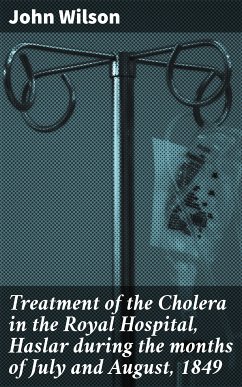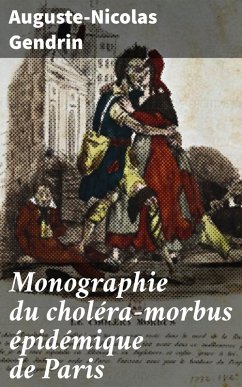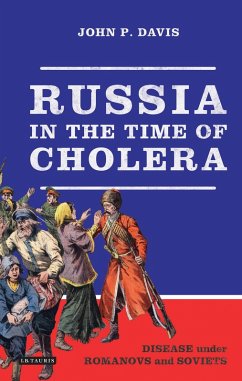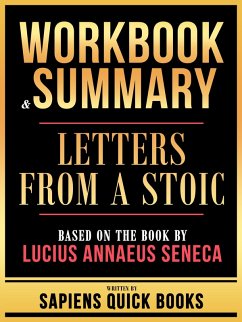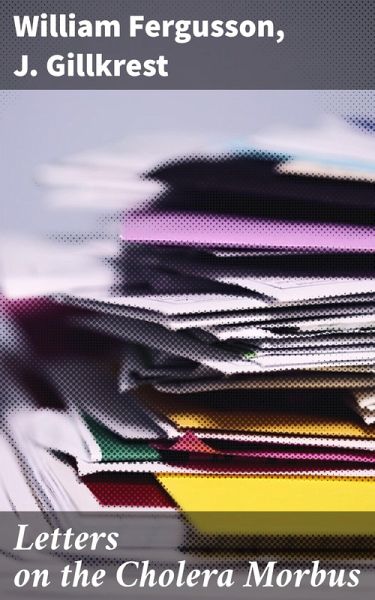
Letters on the Cholera Morbus (eBook, ePUB)
Enriched edition. A Journey Through Cholera's Impact on Society and Medicine
Kommentar: Thornell, Emery / Redaktion: Good Press

PAYBACK Punkte
0 °P sammeln!
Amidst the turbulent backdrop of 19th-century pandemics, 'Letters on the Cholera Morbus' offers a profound exploration of disease and human resilience. This anthology brings together an eclectic mix of narratives, essays, and correspondences that capture the essence of a time when cholera wreaked havoc across nations. The collection weaves a rich tapestry that navigates through the terrifying yet transformative experience of a cholera outbreak, offering a multiplicity of voices that reflect diverse reactions and the enduring human spirit in the face of adversity. Standout pieces subtly blend m...
Amidst the turbulent backdrop of 19th-century pandemics, 'Letters on the Cholera Morbus' offers a profound exploration of disease and human resilience. This anthology brings together an eclectic mix of narratives, essays, and correspondences that capture the essence of a time when cholera wreaked havoc across nations. The collection weaves a rich tapestry that navigates through the terrifying yet transformative experience of a cholera outbreak, offering a multiplicity of voices that reflect diverse reactions and the enduring human spirit in the face of adversity. Standout pieces subtly blend medical observation with poignant personal reflections, contributing to an intricate mosaic of styles that include scientific discourse and emotive storytelling. The anthology brings significant contributions from authors such as William Fergusson and J. Gillkrest, whose insights anchor the collection. Fergusson's comprehensive treatises and Gillkrest's evocative narratives provide complementary perspectives that enhance the thematic weight of the anthology. Rooted in the socio-cultural milieu of the 1830s, their works resonate with broader historical currents that underscore societal resistance to the unknown. Collectively, these authors illuminate the pervasive fear of cholera while highlighting the indomitable human propensity for empathy and healing. For readers seeking to understand both the historical and human elements of a 19th-century pandemic, 'Letters on the Cholera Morbus' presents a compelling opportunity. This volume invites readers to engage with multiple perspectives and styles, fostering a dialogue that spans beyond the page and into the realm of historical inquiry and empathy. Engaging with this collection promises educational enrichment and a nuanced comprehension of an era marked by calamity and resilience. In this enriched edition, we have carefully created added value for your reading experience: - Hand-picked Memorable Quotes shine a spotlight on moments of literary brilliance. - Interactive footnotes clarify unusual references, historical allusions, and archaic phrases for an effortless, more informed read.
Dieser Download kann aus rechtlichen Gründen nur mit Rechnungsadresse in A, B, BG, CY, CZ, D, DK, EW, E, FIN, F, GR, H, IRL, I, LT, L, LR, M, NL, PL, P, R, S, SLO, SK ausgeliefert werden.




